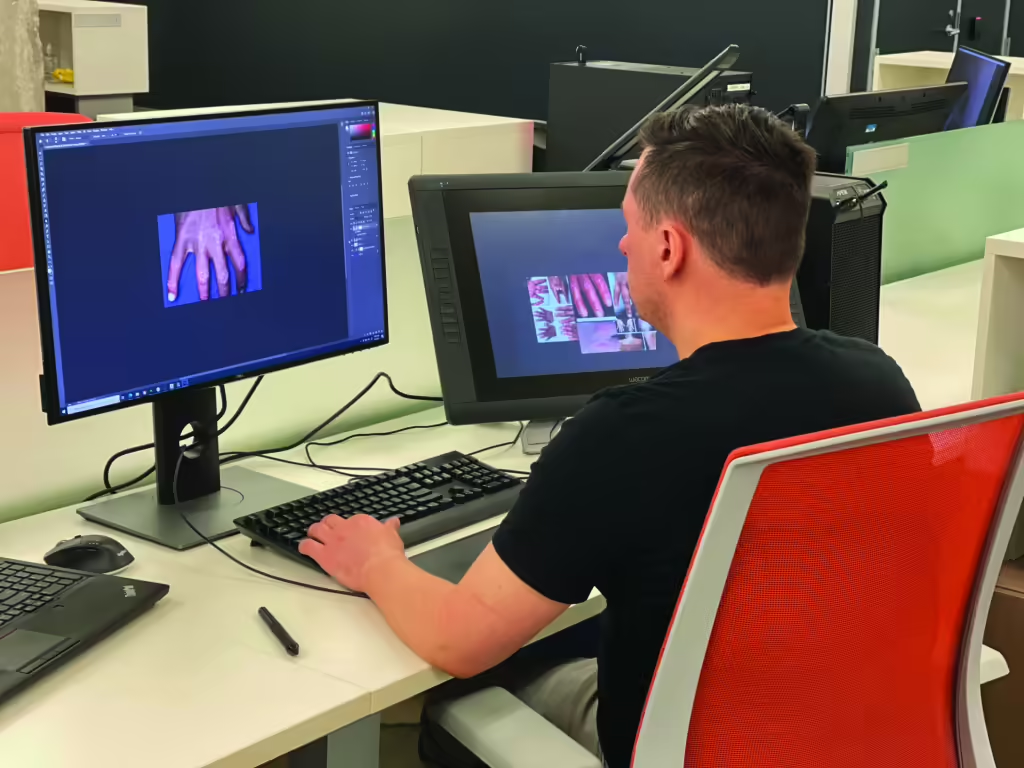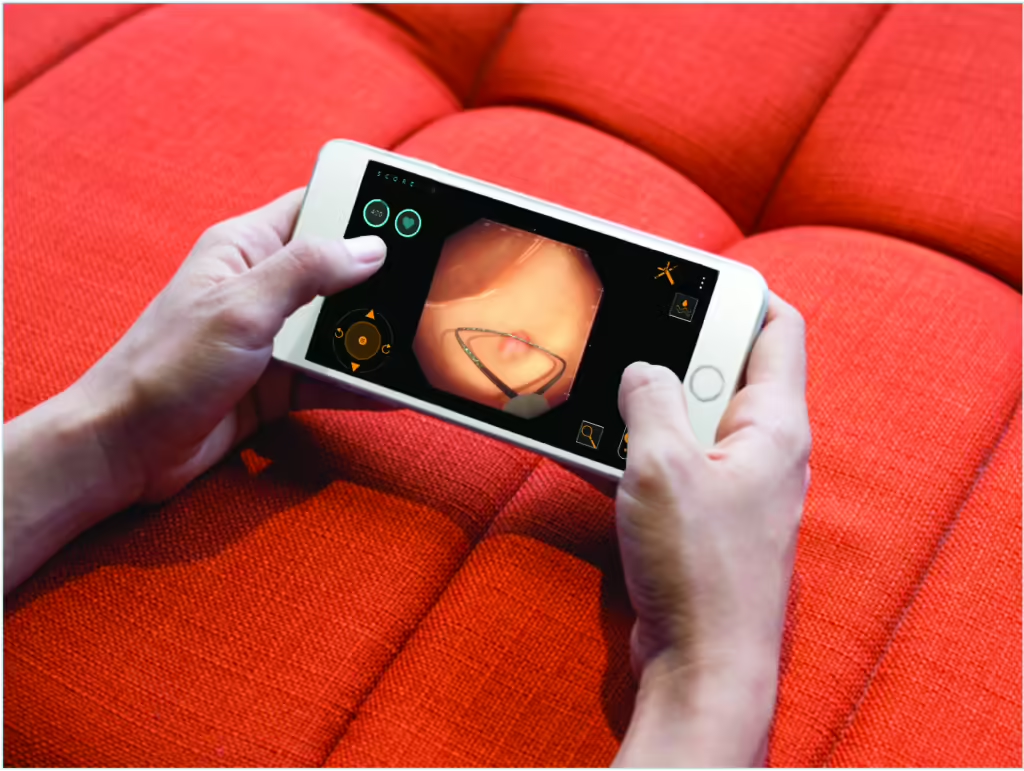A century after the first pinball machine was made in Chicago, a new generation of entrepreneurs is growing the city’s gaming history, from dozens of arcade bars to the founding of popular party games – and one of them, Level Ex, is also reinventing how medicine is learned and practiced.

A Chicago native, Level Ex founder Sam Glassenberg broke with a long-standing family tradition of becoming a doctor when he left for California to make Playstation 2 and Xbox games for the Star Wars franchise. But a family history rooted in medicine and Chicago can be hard to escape, and it wasn’t long before both came calling – in 2012, Sam’s dad called from his anesthesiology department at Northwestern Memorial Hospital with a favor: make a game for his colleagues to practice fiberoptic intubations. Sam spent three weeks developing the game, never expecting anything to come of it. Two years later, it had amassed an audience of over 100,000 medical professionals. Efficacy studies performed at institutions worldwide showed that it improved physician performance. That’s when he knew he had to do more.
Today, Level Ex has 750,000 medical professionals playing its games to advance their skills and earn Continuing Medical Education (CME). The story of how it changed the way medicine is learned and practiced is as much an ode to Chicago as it is a start-up success story.

The Deep-Dish Hot Dog of Chicago High-Tech
Most people aren’t familiar with Chicago’s long legacy in video games, even though it’s the birthplace of countless game genres and the early video games industry. Beyond pinball manufacturers like WMS, the studios that created Mortal Kombat (arguably the flagship of the fighting-game genre) were founded in the city. And all of those party games that are now world-famous – from You Don’t Know Jack to Cards Against Humanity – they have Chicago roots too.
Chicago also has an extensive healthcare ecosystem, serving as home to hundreds of world-class medical institutions, medical societies, and Fortune 500 pharmaceutical and medical technology companies.
It’s here, at the intersection of games and healthcare, that Chicago became the headquarters where Level Ex set up shop, attracting a team of more than 120 elite video game developers and medical experts. It was the first-of-its-kind, using state-of-the-art video game technology and neuroscience to capture the challenges of practicing medicine. It earned the moniker “The Deep-Dish Hot Dog of Chicago high-tech” for the way it captured a unique combination of the city’s heritage.
From 2016 to 2021, Level Ex released a new mobile game each year – from complex surgeries to difficult diagnoses. Its games spanned a range of medical specialties, from gastroenterology to cardiology – all available for download on any mobile device. When the COVID-19 pandemic hit, it quickly created new game levels to help frontline medical professionals prepare for the onslaught of unforeseen patient cases. In 2020, it released the first and only cloud gaming platform for healthcare, enabling medical professionals to train together over Zoom on ultra-realistic virtual patients simulated in the cloud.
Soon the medical industry in Chicago and the world took notice. Level Ex now partners with leading healthcare brands, including top pharmaceutical companies, global medical device companies, and medical societies to accelerate the adoption of new skills and treatments in medicine. Level Ex is also working with TRISH – NASA’s translational research institute for space health – to use this technology to train astronauts to handle medical emergencies on deep space missions.
A New Genre of Games Accelerates the Adoption of New Skills in Medicine
Studies consistently show that games, especially video games, are supremely effective at improving skill and decision-making. By hitting the right balance between skill and challenge, reward and frustration, well-designed games can help maximize player engagement and learning. When those players are doctors, this learning is especially useful in helping them develop an intuitive understanding of complex systems. Level Ex games imbue a mental model that medical professionals would likely only otherwise develop through practice on hundreds of live patients: rarely-needed surgical maneuvers, difficult disease diagnoses, and strategies for managing complex patients.
Level Ex uses the combination of game design – choosing the right combination of puzzle and strategy mechanics – and technology – the ability to render ultra-realistic patients that bleed and respond realistically – to help them create these mental models and learn more effectively.
Level Ex expects that using video games to learn and practice medicine will in the very near future become the expectation, not the exception – across all areas of healthcare. Then, not only will games have taken their place alongside traditional modalities of medical training (such as lectures, grand rounds, and videos), an entirely new genre of medical games will have emerged in the games industry – continuing a long-standing tradition of game-genre creation in Chicago.














